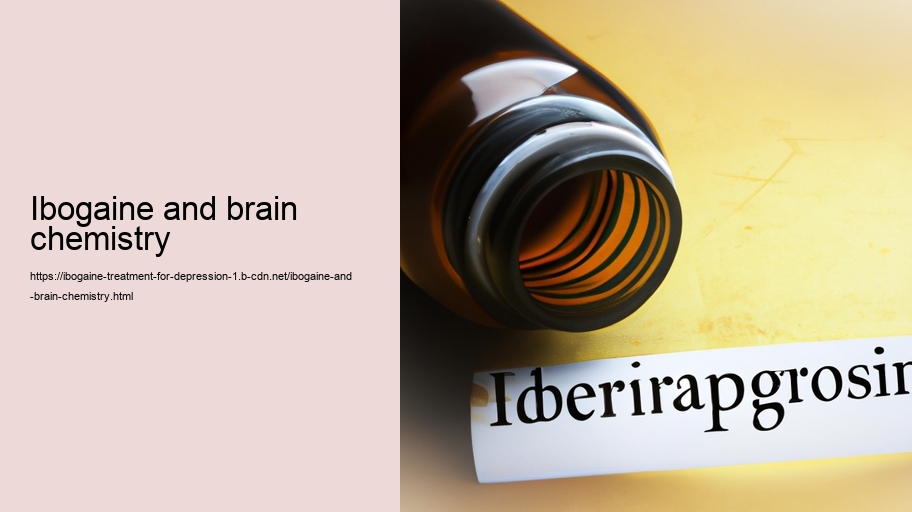Ibogaine and Brain Chemistry: A Glimpse into the Psyche's Depths
In the quest to understand and treat the complexities of addiction, researchers have cast their nets far and wide, delving into an array of substances that might offer respite from this chronic disease. Among these potential allies is ibogaine, a naturally occurring psychoactive compound extracted from the root bark of the African shrub Tabernanthe iboga. Although not without controversy or risk, ibogain has captivated scientists and therapists alike with its profound impact on brain chemistry and its potential to disrupt patterns of substance dependence.
At first glance, ibogaine appears as merely another molecule in nature's vast pharmacopoeia. But within its structure lies a key that unlocks unique mechanisms in the human brain. Ibogaine acts on several neurotransmitter systems simultaneously—an unusual quality that separates it from more targeted drugs like opioids or stimulants which typically hone in on specific receptors. By modulating pathways involving serotonin, dopamine, glutamate, and others, ibogaine seems to reset neurochemical balances skewed by addictive substances.
The serotonergic system is one area where ibogaine exerts significant influence. Serotonin is critical for mood regulation; when imbalanced, it can lead to depression or anxiety disorders often linked with addiction. Ibogaine's interaction with serotonin receptors may alleviate such dysphoria thereby reducing cravings for drugs that temporarily self-medicate emotional distress.
Equally intriguing is how ibogaine affects dopamine—the neurotransmitter commonly associated with reward and pleasure pathways in the brain. Chronic use of addictive drugs overstimulates these circuits leading to tolerance and dependence as the natural production of dopamine becomes suppressed. Herein lies a crucial aspect of iboga's potential; it can help normalize dopamine levels which may aid individuals in breaking free from the cycle of addiction.
Glutamate transmission also comes into play when considering how ibogain interfaces with our neural architecture. This excitatory neurotransmitter plays an essential role in learning and memory processes—including those implicated in developing substance abuse habits known as addiction-related learning patterns. Ibogain has been observed to mitigate these harmful patterns potentially facilitating new positive behaviors replacing entrenched ones associated with drug seeking.
Beyond this triad of neurotransmitters are other biochemical interactions including those related to opioid receptor systems making iboga particularly interesting for treating opiate addiction due to its ability to reduce withdrawal symptoms while diminishing cravings—a rare dual action within pharmacotherapy for addiction.
However poetic or promising this all sounds it would be remiss not mentioning challenges surrounding both clinical application and legality concerning this enigmatic alkaloid substance—iboga remains classified as a Schedule I drug under U.S law signifying high potential for abuse with no accepted medical use despite growing evidence suggesting otherwise.
Clinical studies remain sparse partly due to regulatory hurdles but anecdotal reports from countries where treatment is available paint a complex yet hopeful picture—one depicting radical shifts away from destructive habits towards healthier states of consciousness following supervised sessions involving careful dosing protocols along psychological support during what many describe as profoundly introspective experiences catalyzed by this plant-derived compound.
To conclude essayistic musings on 'iboganine' (a term denoting both mystical origins & scientific intrigue) we stand at crossroads between traditional healing modalities modern empirical science grappling ever so delicately balance risks rewards inherent exploring frontiers mind-altering substances such as these hoping ultimately uncover deeper truths about ourselves whilst forging new tools against scourge afflicting millions globally—that insidious force we call 'addiction'.
